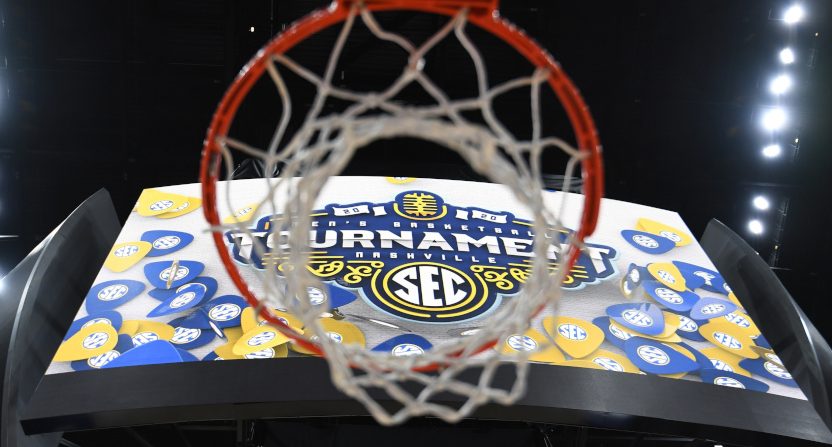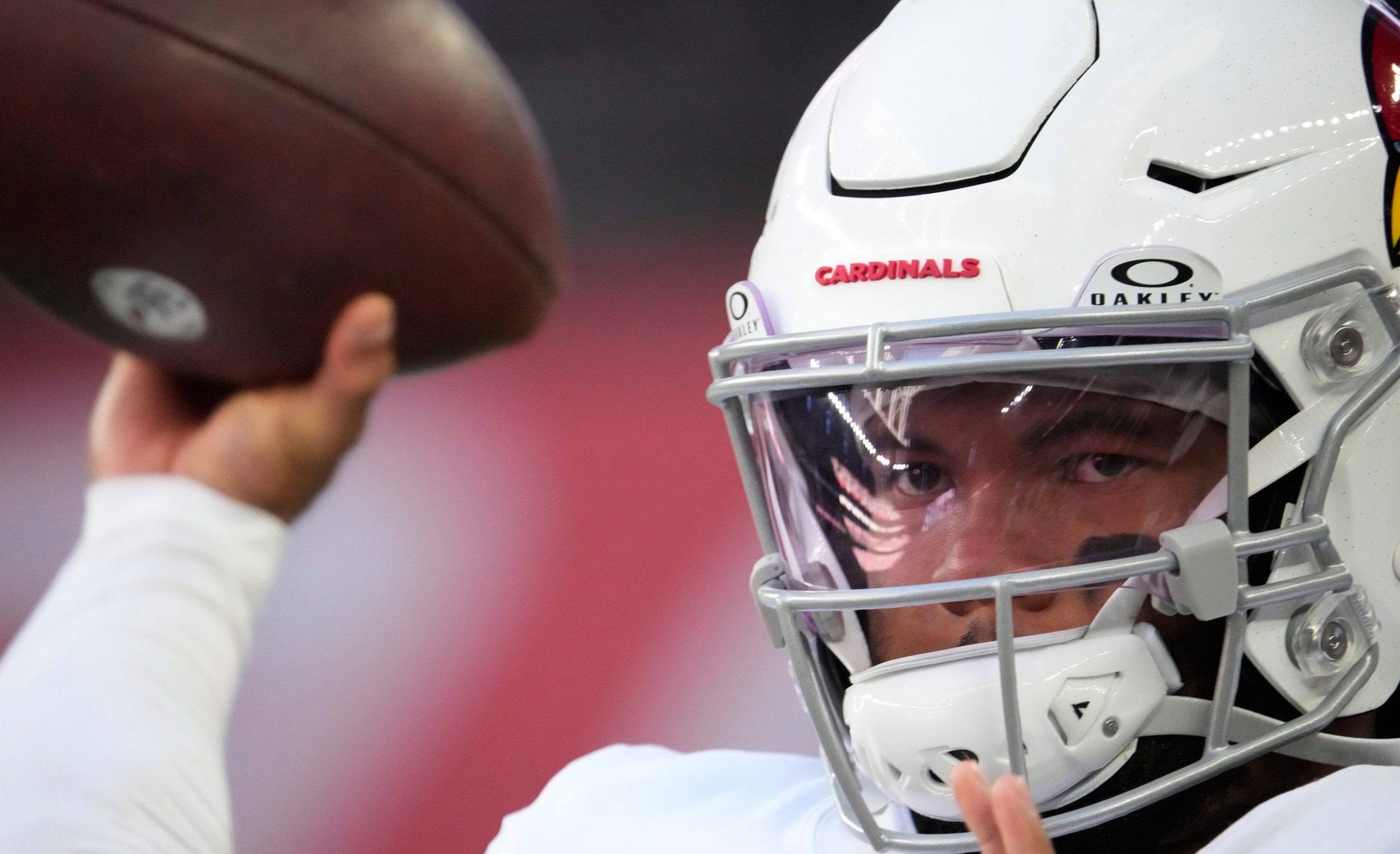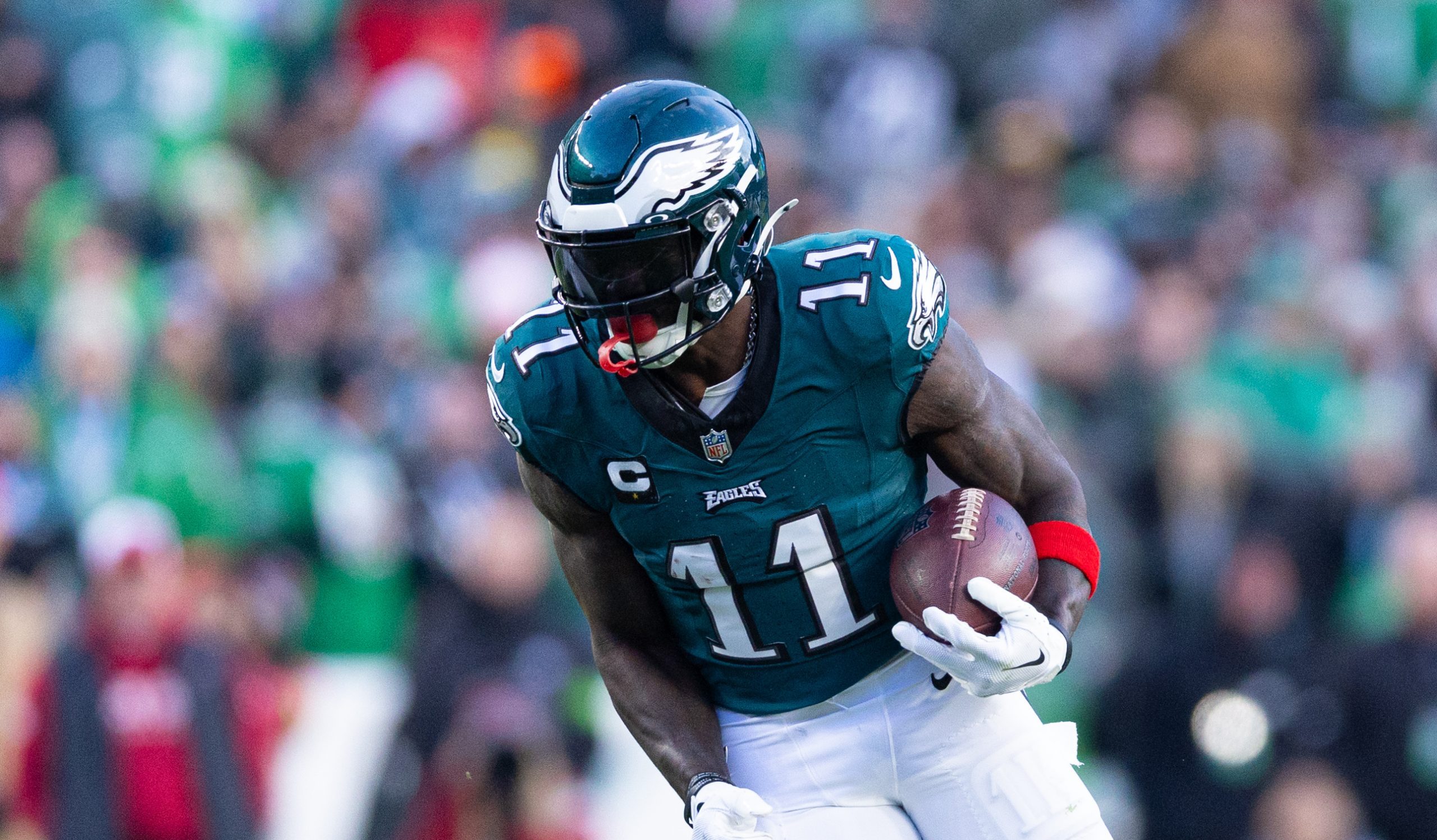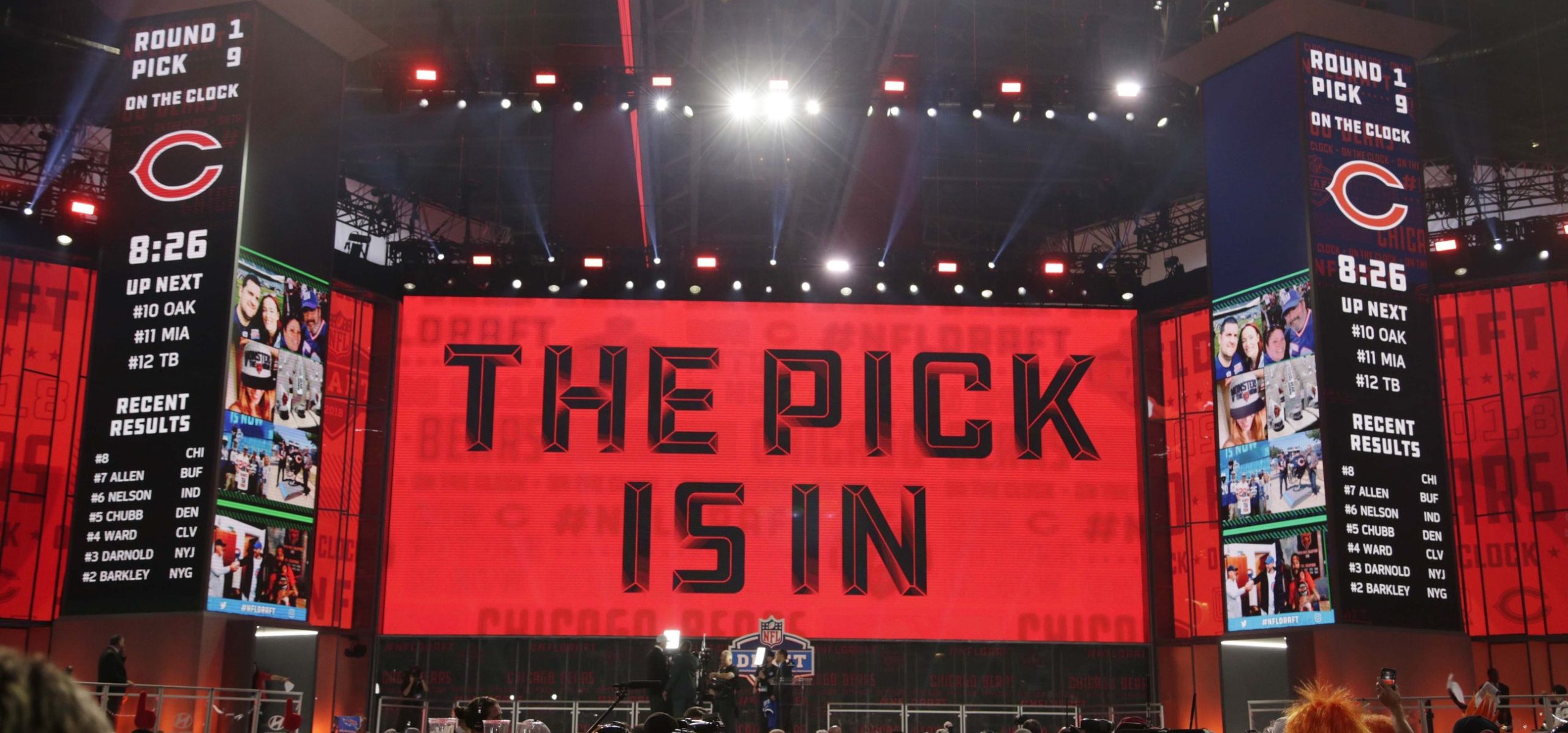Part II: COVID news spreads further, fan attendance gets canceled
PART I: COVID discussions leading up to the tournament
PART II: COVID news spreads further, fan attendance gets canceled
PART III: Rudy Gobert’s test leads to sports cancellations
PART IV: The SEC Tournament is canceled
PART V: The NCAA Tournament is canceled
Adam Sparks, Tennessee Volunteers beat reporter for The Tennessean and USA TODAY Sports: It was odd to be in the media room at Bridgestone Arena [during the tournament]. You get there early and there were a whole bunch of us sportswriters sitting around looking at Twitter at the same time, but everyone is stepping out to take calls and getting texts to their phones. It began to circulate through the media room that something was a little off.
Dr. William Schaffner, professor of preventive medicine and infectious diseases at Vanderbilt University, and member of the NCAA COVID-19 Advisory Panel: Given that this was a coronavirus, early indications from the medical community was that this virus would behave like two previous corona viruses. But both of these viruses were not highly contagious. In order to get these previous viruses, you had to be in close contact with someone who was very ill with the virus.
In contrast, COVID-19 behaved very differently. It was very contagious, often when people had no or mild symptoms, and it only made a minority of people very sick. Early on it faked out the doctors and experts including myself. So, there was somewhat of a late recognition that this virus had pandemic potential.
Allen Greene, athletic director, Auburn: We had meetings Tuesday morning and in those meetings we were talking a little bit about COVID and we were discussing a ticket refund policy and then things just changed from there.
Schaffner: The SEC sent out to convene a special group called the COVID-19 advisory panel. Medical experts such as myself were recruited and even doctors from the conference were included. Although few of us knew each other, the conversations between the medical experts were so respectful. We listened to each other, we responded to each other, it was a pleasure to be on that panel. The foremost and only focus of this committee was to evaluate the safety of players, coaches, and anyone involved in any athletic activity.
Dan Leibovitz, associate commissioner for men’s basketball, SEC: And then we went into a smaller group meeting with pretty high up people with the [Nashville] Predators’ organization, with Bridgestone Arena, and our staff. And at that point, we were really wondering if we should have a tournament. At that time, the women had already just completed their tournament in Greenville. I remember us having a discussion because somebody wore a mask on the media row at the women’s tournament. And then the question was, what if somebody wore a mask to our event? Are we OK with that? At that point, this was all so, so new.
Greene: I called Coach [Auburn head coach Bruce] Pearl; they were still in Auburn. I told him things are changing rapidly and COVID seems to be a real thing, and honestly, I don’t know if we are going to play or not.
The tournament started with the bottom section of the arena filled in with fans and family members as the first game between Georgia and Ole Miss commenced. SEC leadership began to discuss their options as the concern over COVID-19 grew, and as some teams considered backing out of the tournament entirely.
Leibovitz: I was still there, as the tournament director. Trying to have two games. Georgia beat Ole Miss that night and Arkansas beat Vanderbilt that night. And just dealing with the fact that we have two basketball games, we still want it to go well for these players and these coaches.
Hillman: That first night when they did play games, that was the start of it when they announced during the second game that night that there would be no fans, or it would be very limited for the remainder of the tournament. That sucked, but I was thinking, “Hey, I’m still going to get to watch Auburn play in the SEC Tournament on TV, and hopefully defend their SEC crown.”
Leibovitz: The games that were happening were just strange. There were people with like, full body hazmat suits on with the big Back to the Future looking outfit. There were one or two wearing those. I probably saw two people wearing a mask.
Sparks: I didn’t go to bed Wednesday night thinking it would be canceled. I thought “This is going to be sort of a weird thing.” If you remember back when COVID started, we thought that this was measured in weeks, not months or years. So the thinking with most people was something could be postponed, that we were going to be delayed and not canceled if anything. There wasn’t a lot of fear Wednesday night; things became real on Thursday.
Leibovitz: If we knew what we know now, we probably would have never entertained the idea of having a game at all the next day. You could say we would have a game and we would try to distance people, we would try to mask people. We would not have had a full building with nothing–with no shots, no masks, no tests. I can’t see us doing that.
Jimmy Dykes, ESPN/SEC Network analyst: They played the opening games of the SEC Tournament on the SEC Network [Wednesday], but we woke up the next morning, I did, fully expecting for the tournament to already be canceled. You’re starting to hear on social media and in different ways that there’s a really good chance that all of these conference tournaments are going to be canceled.
As fans and media at Bridgestone Arena in downtown Nashville, Tennessee took in the first two games on Wednesday, March 11, the looming crisis of containing COVID-19 in the sports world was proving to be a difficult task. The arena announced that attendance would be limited to family and media for the games Thursday. Fans and media began to worry about what this meant, but there weren’t many initial doubts the tournament would not make it another day.
Sparks: It was very gradual. I covered [Arkansas-Vanderbilt] in the opening round and in the middle of that game, they announced on the PA system at Bridgestone Arena that fans would not be allowed to come to the games the next day [Thursday]. I remember all the fans were booing, especially Kentucky fans.
Leibovitz: I remember saying to [SEC commissioner] Greg [Sankey], “We have to go home, we shouldn’t be playing.” And he was really torn, because he cares a lot about the student athletes and their experience and he was thinking about the seniors: “This is their last chance, and we owe it to them to have an opportunity to compete.” And I just was in such a different world, because I was on my phone and these same coaches who we were trying to make sure their teams can play were telling me, “Our guys want to go home; they don’t want to play. They’re scared.”
Victoria Cumbow, Auburn class of 2008: At that point, we thought they’d still play the tournament. It’s funny to look back on it now, knowing what we know, but at the time, we had no context. Nothing else had been canceled yet. It seemed so over the top for them to cancel. And then again, it happened quickly, like within hours of us being sent home, those degrees of cancellations grew. They sent us [fans] home, then they said no families, and then they said no cheerleaders, and then they said no nothing at all.
Schaffner: In coping with a pandemic, you do a series of things. For example, we did a lot to try to limit the risk of spreading the virus with attendance limitations. Some risks are higher than others, such as putting people together indoors for a substantial period of time where they are all hooting and yelling. That is an ideal circumstance for the virus to be transmitted. So at the time the thought was having people socially distanced with masks and limited spectators would at least reduce the risk of the virus spreading.
Cumbow: During halftime [of Arkansas-Vanderbilt] they announced over the intercom that it was going to be the last game played that night. I remember everyone was just so shocked by that. I can’t remember if there was one game left or two games left in the evening, but they said at the end of this current game, we’re emptying the arena and we’re sending everyone home. We’ll continue to play but without spectators.
Leibovitz: Greg is such a good leader, and so intelligent, and we trust him. So when he came in there and gave our marching orders, you know, I’m sure a lot of people were conflicted on what the right thing to do is, but we trust Greg. It sounded like a sound plan, it’s what the NCAA was doing. And again, we knew so little, but I’ve never gone back and asked, you know, “What was your thinking that day?” It was just crazy.
Cumbow: I remember leaving thinking, “Maybe I should pay more attention to this.” And I remember thinking, “Should I touch the handrails?” I got on the steps and thought, “Maybe I shouldn’t touch anything.” And that was probably the first time I really ever had thought, “Oh, maybe it’s an all-around-us sort of thing.”
Morgan Weinbrecht, associate director, Turner Sports: I feel bad. At the time, we were all laughing because we were like ‘This is crazy. You only see this stuff in movies.’ Like, we didn’t know what was coming.
Hillman: I went the year before when Auburn won the SEC Tournament, so I knew I wanted to go back because I knew that team that Auburn had in 2020 was really good and had a chance to win it all again. I was going to go up Thursday afternoon, probably just enjoy Nashville for a night, and then obviously it was basketball from there.
There’s the student tickets that they would put on the floor, and obviously the first thing that they did was say “no fans,” and I was like, “Well dang, I’m not going to go up to Nashville anymore. I guess I’ll cancel the hotel and cancel everything.” Then it was they’re canceling the whole tournament.
PART I: COVID discussions leading up to the tournament
PART II: COVID news spreads further, fan attendance gets canceled
PART III: Rudy Gobert’s test leads to sports cancellations
PART IV: The SEC Tournament is canceled
PART V: The NCAA Tournament is canceled








